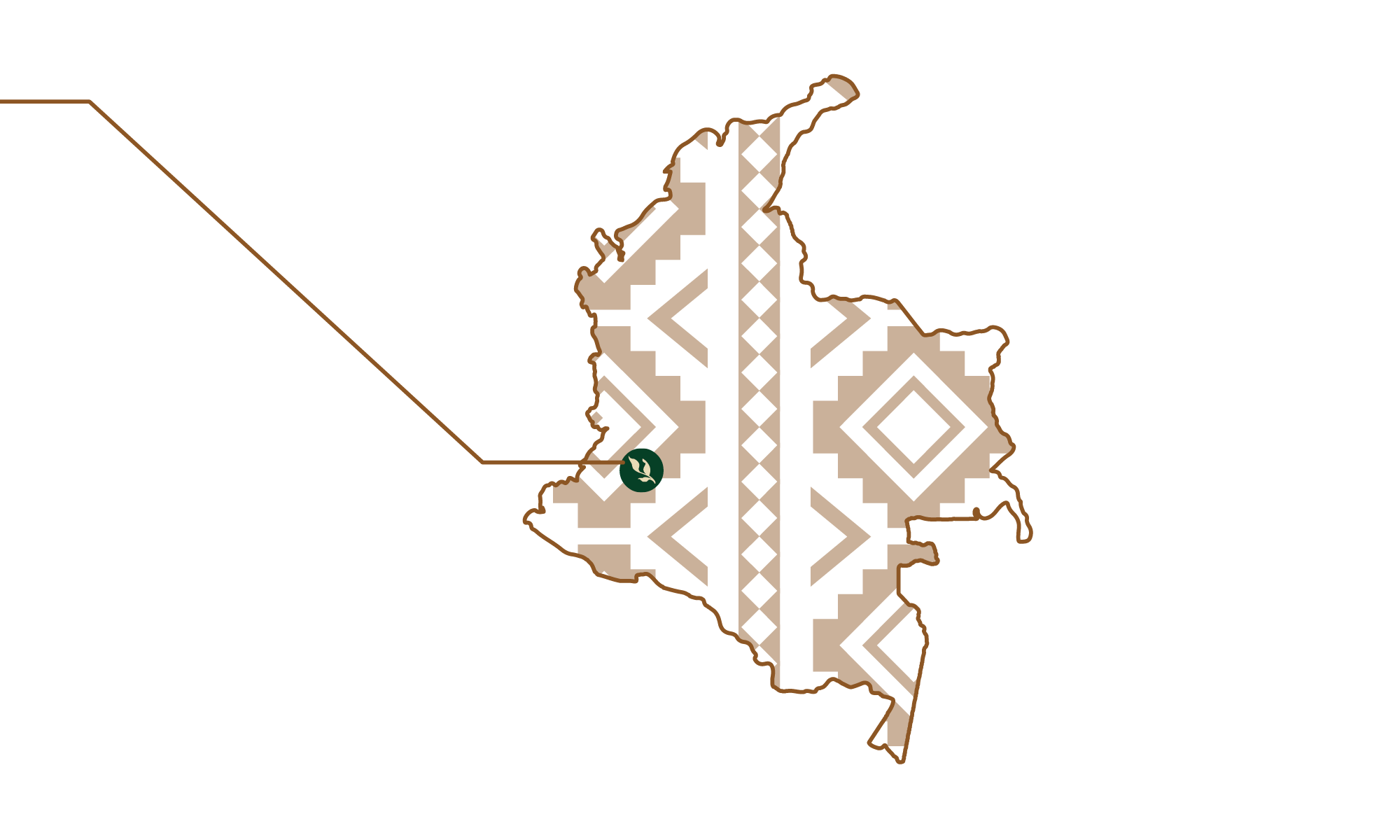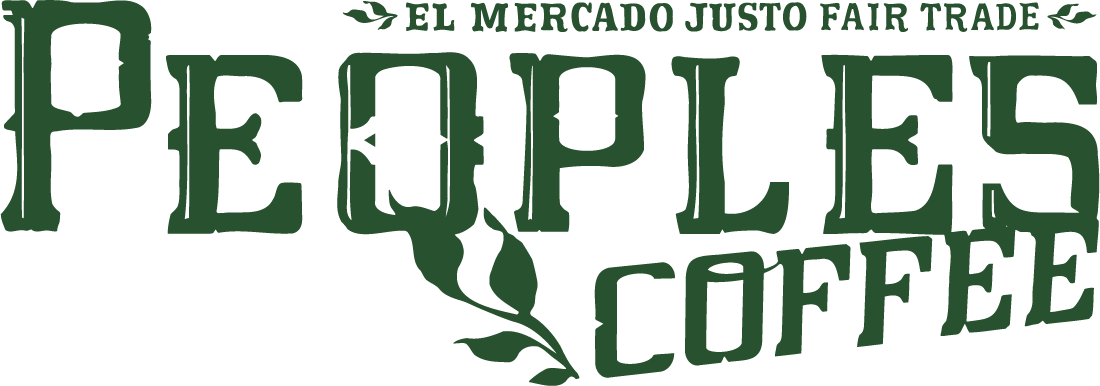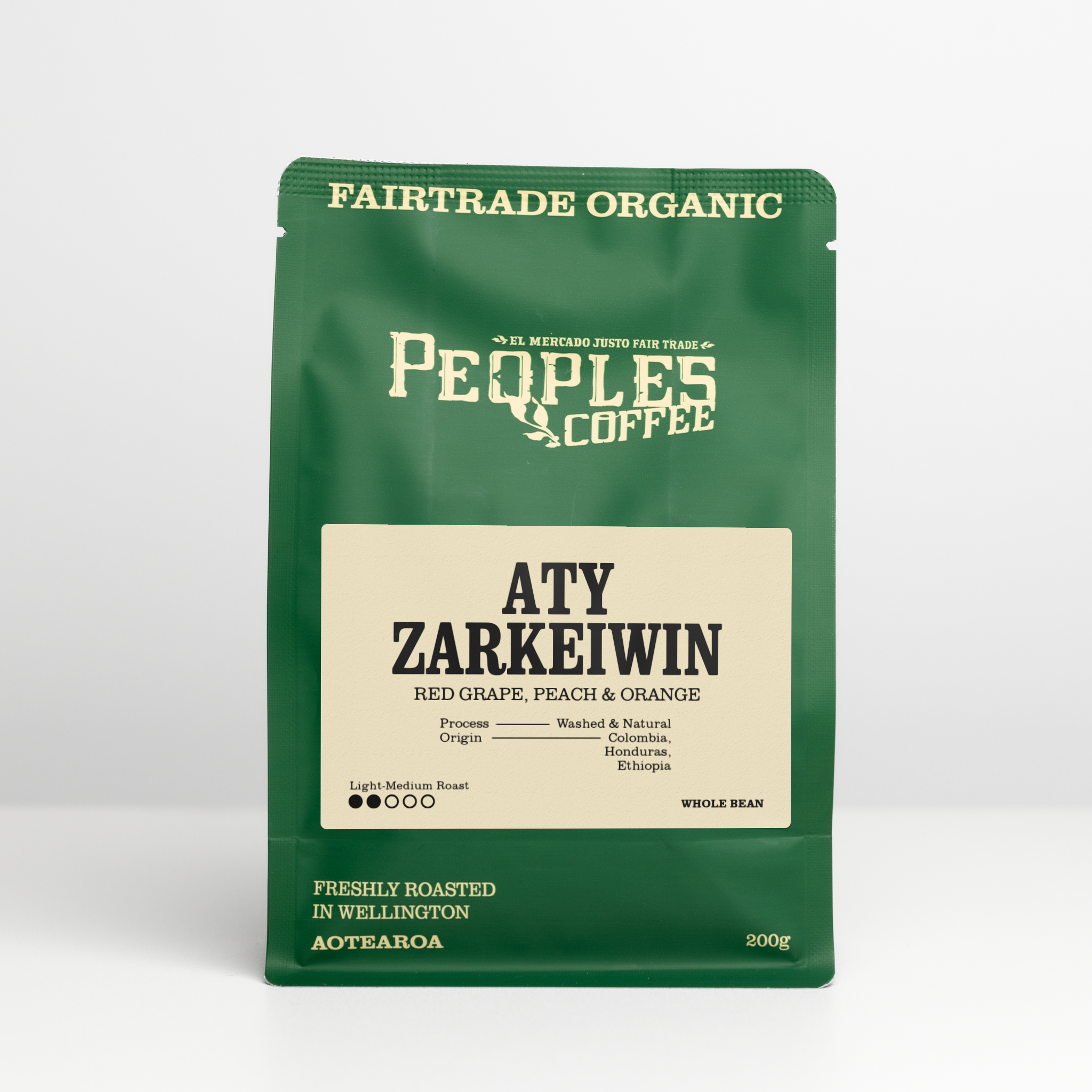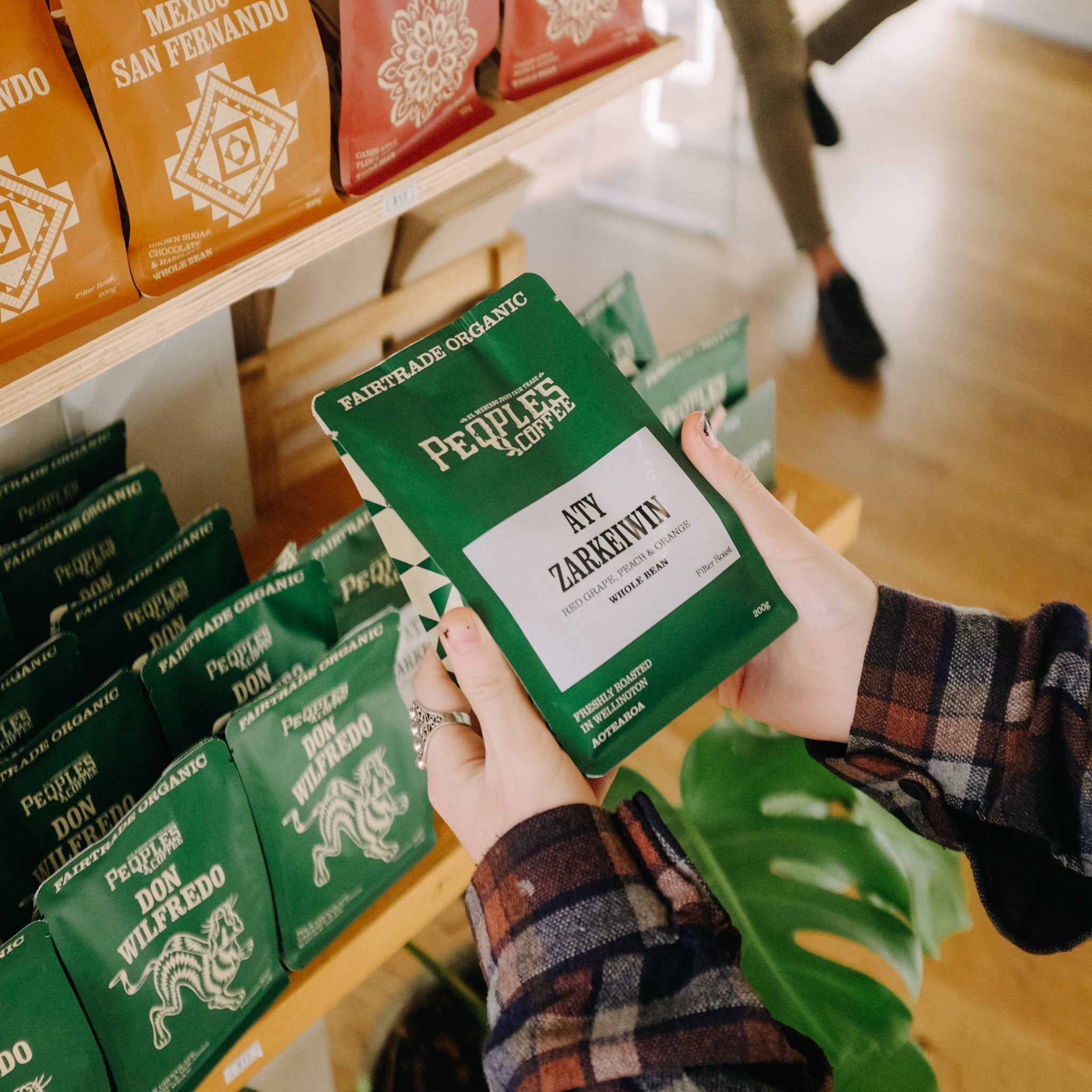
COLOMBIA
COOPERATIVE | ASOPEP
LOCATION | Planadas, Tolima
MEMBERS | 175+/- Members
MASL | 1,400 - 2,150
Coffee cooperative ASOPEP (Asociación de Productores Agropecuarios de Café Especial de Planadas) was founded in 2013 with several objectives: to market its own coffee production, to form its own form of government, and to design its own model of farm conservation to guarantee resources to future generations.
ASOPEP has 167 members, including strong representation from Women and young people who are enthusiastically involved in their operations.
“To be known as an association that creates opportunities for the personal growth of its members, protects the environment, innovates in commercial business processes and is always in the vanguard of speciality coffee producers worldwide.” - Atlas Coffee Importers
The coffee cooperative has worked hard to shake the hostile reputation of the Tolima region, the organisation has encountered issues accessing financing due to the history of violence that once rocked the region and created the perception of a hostile place for investors and moneylenders. Nevertheless, ASOPEP has transformed this reputation based on coffee quality, reliability, and transparency. Instrumental to this shift was Camilo Enciso, a regional leader and an advocate for the Planadas-region cooperatives. He catalyzed a partnership between several Planadas coffee cooperatives, which has led to greater market visibility for the region and increased presence at trade shows and coffee events around the country. A group of Planadas representatives went to Medellín in 2014, the first time that several of the young farmers had ever left the region. Enciso has a clear vision of how to position Planadas and maximize the potential of this unique region.
The social premiums we pay on the coffee are invested not only in productive partnerships and strengthening of the organisation but programs with young people in mind. ASOPEP trains many young people in the region in cupping, Q-Grader certification and other areas of the speciality coffee industry to create sustainable knowledge and empower young people to stay in the area - a pervasive issue with many coffee-growing countries due to limited work opportunities.







